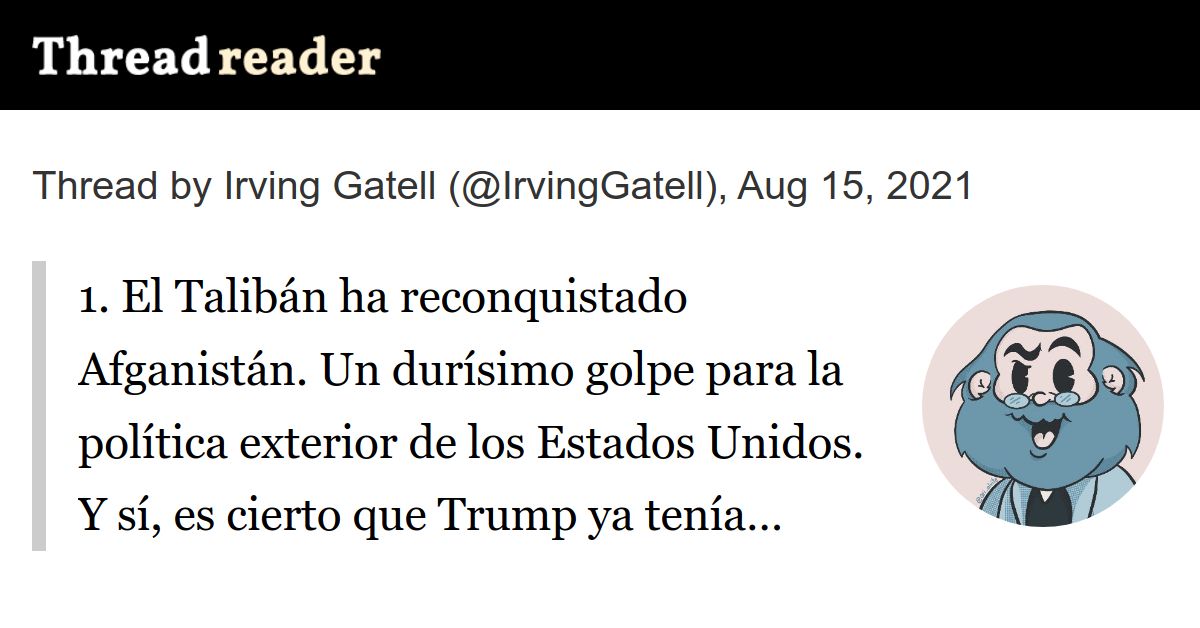Role of the Pakistani military
The Taliban were largely founded by Pakistan's
Inter-Services Intelligence beginning in 1994; the I.S.I. used the Taliban to establish a regime in Afghanistan which would be favourable to Pakistan, as they were trying to gain
strategic depth. Since the creation of the Taliban, the ISI and the Pakistani military have given financial, logistical and military support.
[167]
According to Pakistani Afghanistan expert
Ahmed Rashid, "between 1994 and 1999, an estimated 80,000 to 100,000 Pakistanis trained and fought in Afghanistan" on the side of the Taliban.
Peter Tomsen stated that up until 9/11 Pakistani military and ISI officers along with thousands of regular Pakistani armed forces personnel had been involved in the fighting in Afghanistan.
[168][169]
During 2001, according to several international sources, 28,000–30,000 Pakistani nationals, 14,000–15,000 Afghan Taliban and 2,000–3,000
Al-Qaeda militants were fighting against anti-Taliban forces in Afghanistan as a roughly 45,000 strong military force. Pakistani President
Pervez Musharraf – then as Chief of Army Staff – was responsible for sending thousands of Pakistanis to fight alongside the Taliban and Bin Laden against the forces of Ahmad Shah Massoud. Of the estimated 28,000 Pakistani nationals fighting in Afghanistan, 8,000 were militants recruited in
madrassas filling regular Taliban ranks. The document further states that the parents of those Pakistani nationals "know nothing regarding their child's military involvement with the Taliban until their bodies are brought back to Pakistan". A 1998 document by the
US State Department confirms that "20–40 percent of [regular] Taliban soldiers are Pakistani." According to the State Department report and reports by Human Rights Watch, the other Pakistani nationals fighting in Afghanistan were regular Pakistani soldiers, especially from the
Frontier Corps but also from the army providing direct combat support.
[175]
Human Rights Watch wrote in 2000:
On 1 August 1997, the Taliban launched an attack on Sheberghan, the main military base of Abdul Rashid Dostum. Dostum has said the reason the attack was successful was due to 1500 Pakistani commandos taking part and that the Pakistani air force also gave support.
[176]
In 1998, Iran accused Pakistan of sending its air force to bomb
Mazar-i-Sharif in support of Taliban forces and directly accused Pakistani troops for "war crimes at
Bamiyan". The same year, Russia said Pakistan was responsible for the "military expansion" of the Taliban in northern Afghanistan by sending large numbers of Pakistani troops, some of whom had subsequently been taken as prisoners by the anti-Taliban United Front.
[177][178]
During 2000, the UN Security Council imposed an arms embargo against military support to the Taliban, with UN officials explicitly singling out Pakistan. The UN secretary-general implicitly criticised Pakistan for its military support and the Security Council stated it was "deeply distress[ed] over reports of involvement in the fighting, on the Taliban side, of thousands of non-Afghan nationals". In July 2001, several countries, including the United States, accused Pakistan of being "in violation of U.N. sanctions because of its military aid to the Taliban". The Taliban also obtained financial resources from Pakistan. In 1997 alone, after the
capture of Kabul by the Taliban, Pakistan gave $30 million in aid and a further $10 million for government wages.
[179][180][181]
During 2000,
MI6 reported that the ISI was taking an active role in several
Al-Qaeda training camps. The ISI helped with the construction of training camps for both the Taliban and Al-Qaeda. From 1996 to 2001 the
Al-Qaeda of
Osama bin Laden and
Ayman al-Zawahiri became a state within the Taliban state. Bin Laden sent Arab and Central Asian Al-Qaeda militants to join the fight against the United Front, among them his
Brigade 055.
[182][183][184][185][186]
The role of the Pakistani military has been described by international observers as well as by the anti-Taliban leader Ahmad Shah Massoud as a "creeping invasion".
[168]

en.wikipedia.org
After the attacks of 11 September 2001, and the US operation in Afghanistan the Afghan Taliban leadership is claimed to have fled to Pakistan where they regrouped and created several shuras to coordinate their insurgency in Afghanistan.
[251]
Afghan officials implied the Pakistani ISI's involvement in a July 2008 Taliban attack on the Indian embassy. Numerous US officials have accused the ISI of supporting terrorist groups including the Afghan Taliban. US Defense Secretary Robert Gates and others suggest the ISI maintains links with groups like the Afghan Taliban as a "strategic hedge" to help Islamabad gain influence in Kabul once US troops exit the region. US Chairman of the Joint Chiefs of Staff Admiral Mike Mullen in 2011 called the
Haqqani network (the Afghan Taliban's most destructive element) a "veritable arm of Pakistan's ISI".
[434][435]
From 2010, a report by a leading British institution also claimed that Pakistan's intelligence service still today has a strong link with the Taliban in Afghanistan. Published by the
London School of Economics, the report said that Pakistan's Inter-Services Intelligence agency (ISI) has an "official policy" of support for the Taliban. It said the ISI provides funding and training for the Taliban, and that the agency has representatives on the so-called
Quetta Shura, the Taliban's leadership council. It is alleged that the
Quetta Shura is exiled in
Quetta. The report, based on interviews with Taliban commanders in Afghanistan, was written by Matt Waldman, a fellow at
Harvard University.
[251][436][437]
"Pakistan appears to be playing a double-game of astonishing magnitude," the report said. The report also linked high-level members of the Pakistani government with the Taliban. It said
Asif Ali Zardari, the Pakistani president, met with senior Taliban prisoners in 2010 and promised to release them. Zardari reportedly told the detainees they were only arrested because of American pressure. "The Pakistan government's apparent duplicity – and awareness of it among the American public and political establishment – could have enormous geopolitical implications," Waldman said. "Without a change in Pakistani behaviour it will be difficult if not impossible for international forces and the Afghan government to make progress against the insurgency." Afghan officials have long been suspicious of the ISI's role.
Amrullah Saleh, the former director of Afghanistan's intelligence service, told Reuters that the ISI was "part of a landscape of destruction in this country".
[438]
Pakistan, at least up to 2011, has always strongly denied all links with Taliban.
[439][440][441][442][443][444]
On 15 June 2014 Pakistan army launches operation 'Zarb-e-Azb' in North Waziristan to remove and root-out Taliban from Pakistan. In this operation 327 hardcore terrorists had been killed while 45 hideouts and 2 bomb making factories of terrorists were destroyed in North Waziristan Agency as the operation continues.
[445][446][447]




